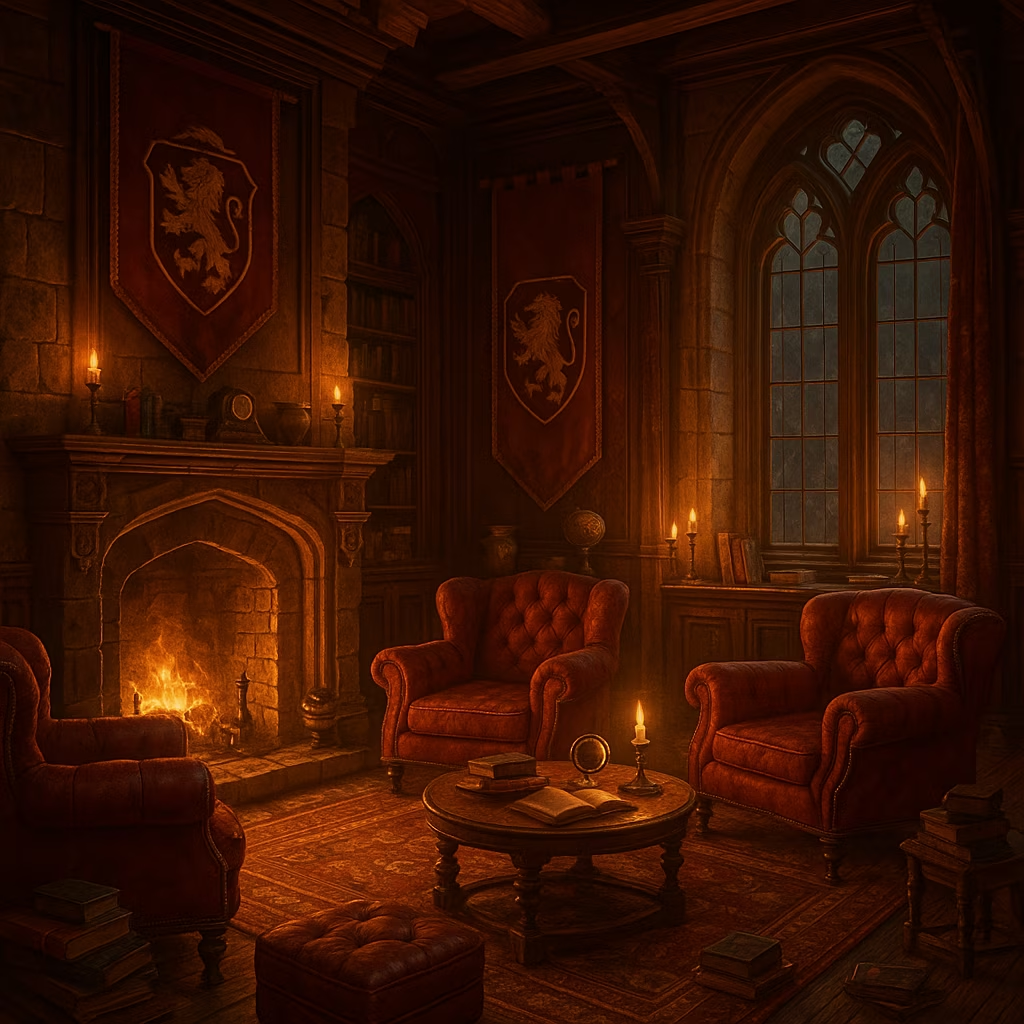The highly anticipated sequel to Hogwarts Legacy is set to redefine the Wizarding World experience, but its path forward is fraught with enchanting complexities. As fans eagerly await Hogwarts Legacy 2, the spellbinding foundation laid by its predecessor presents both opportunities and hurdles. The first game masterfully captured the essence of Harry Potter's magical universe, immersing players in a richly detailed Hogwarts with a vast array of incantations that fulfilled childhood fantasies. However, despite its atmospheric brilliance, issues like repetitive magical abilities and underdeveloped RPG mechanics linger, casting a shadow over the sequel's potential. Personally, wandering through those hallowed halls felt like a dream come true—I was awestruck by the sheer variety of spells, yet couldn't shake the sense that combat grew monotonous over time. This emotional duality underscores the urgency for Avalanche Software to innovate without losing the charm that made the original so captivating. 
The Spellcasting Legacy: Strengths and Shortcomings
Hogwarts Legacy's extensive repertoire of spells served as the lifeblood of its gameplay, offering players over two dozen incantations ranging from the iconic Avada Kedavra to the obscure Glacius. This breadth fostered an unparalleled sense of immersion, making every duel and puzzle feel authentically magical. For instance, unleashing a barrage of fire spells against dark wizards evoked pure exhilaration, transporting me straight into J.K. Rowling's world. Yet, beneath this surface splendor, cracks emerged—many spells felt strikingly similar, with overlaps that diluted their uniqueness. The inclusion of Unforgivable Curses, while narratively intriguing, suffered from poor implementation, as they lacked meaningful consequences or depth, making them feel like hollow additions rather than game-changing tools. Such flaws highlight the delicate balance Avalanche must strike: expanding the magical arsenal while avoiding redundancy.
-
Key Strengths: Immersive atmosphere, diverse spell selection, fan fulfillment.
-
Major Weaknesses: Spell similarity, weak RPG elements, narrative dissonance.
-
😊 Personal Take: As a die-hard Potterhead, I adored experimenting with spells like Expecto Patronum in theory, but its limited utility against Dementors felt disappointingly restrictive, failing to live up to its cinematic grandeur.
Challenges in Expanding the Magical Arsenal
For Hogwarts Legacy 2, the primary conundrum lies in elevating the spell system without retreading familiar ground. The original game already exhausted much of the established Harry Potter lore, featuring spells invented centuries before the books' events, which constrains the sequel's options. Introducing new incantations seems essential—perhaps through inventive mechanics like Ancient Magic, as seen in the first installment—but this risks contradicting canon. If players learn newly created spells in classes, it could spark lore inconsistencies, such as why these abilities never surfaced in later stories. Personally, this dilemma fills me with cautious excitement; I envision a scenario where spell-crafting allows for personalized magical expressions, adding layers of creativity to combat and puzzles. However, Avalanche might need to prune less impactful spells to prevent overwhelming players, a move that could alienate fans who cherished the original breadth.
| Spell Type | Current Status in HL1 | Potential for HL2 | Risks |
|---|---|---|---|
| Iconic Spells (e.g., Avada Kedavra) | Widely available but shallow | Deepen narrative impact | Canon conflicts |
| New Inventions | Limited to Ancient Magic | Expand via player customization | Lore dissonance |
| Utility Spells (e.g., Glacius) | Redundant effects | Enhance with environmental interactions | Overcomplication |
🌟 Subjective Insight: From my playthroughs, the spell diversity initially thrilled me, yet by the endgame, casting felt like going through the motions—I yearn for HL2 to inject unpredictability, like spells that evolve based on player choices.
A Future Shaped by Innovation and Personal Hopes
Looking ahead, Hogwarts Legacy 2 must navigate these magical quandaries with finesse to deliver a truly revolutionary experience. Building on the first game's strengths, Avalanche could integrate dynamic spell systems that respond to the game's evolving world, such as weather-influenced incantations or moral-aligned abilities that reflect player decisions. Personally, I'm buzzing with optimism for a sequel that not only fixes past flaws but pioneers new frontiers—I dream of exploring uncharted magical territories beyond Hogwarts, where spells like a reinvented Expecto Patronum gain broader applications, perhaps warding off other dark entities. This future, filled with boundless possibilities, hinges on clever reinvention rather than strict adherence to canon. If executed well, HL2 could transcend its origins, offering a spellbinding journey that resonates with both newcomers and seasoned wizards. Ultimately, my heart races at the thought of wielding fresh, player-crafted spells in 2025's gaming landscape, marking a spellcasting renaissance that honors the past while conjuring an exhilarating new era.